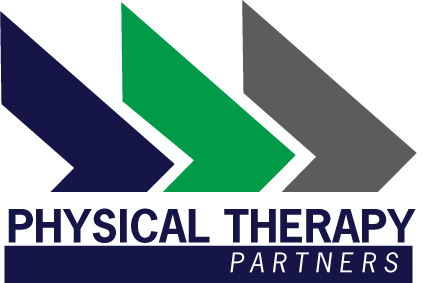Balance Disorders and Physical Therapy
Every day of your life is a balancing act! Proper balance isn’t just for dancers or circus performers: walking, standing, and even just sitting are all governed by your body’s vestibular system. Like any body system, disorders can affect your vestibular function and make balance difficult or impossible.
Lucky for you, physical therapy can help to restore proper vestibular function. Today, we’ll take a look under the hood at how your vestibular system works, common problems, and how physical therapy can tip the scales in your favor.
What is the Vestibular System?
The vestibular system is the collection of organs, passages, and neurological connections that help you balance. In people, it’s primarily linked to the labyrinth of the inner ear, which is exactly how it sounds: a maze of bony passages and tissues.
To oversimplify things, air and pressure from your environment stimulate certain parts of these passages. Your brain interprets these signals and coordinates them with movement, helping you balance.
What Can Go Wrong?
When your inner ear is malfunctioning, it’s usually pretty obvious. You’ll experience dizziness and vertigo, even during routine activities. Some common disorders include:
- Meniere’s disease: typically manifesting in young adulthood, meniere’s disease is marked by excessive fluid in the inner ear.
- Benign paroxysmal positional vertigo (BPPV): this disorder occurs when naturally occurring calcium carbonate crystals (otoconia) in your ear become dislodged, blocking passages in the “labyrinth” of your inner ear.
- Various infections and viruses: bacteria and viruses can sneak into your inner ear, causing a myriad of issues.
How Can Physical Therapy Help?
If you see a physical therapist for vestibular issues, your treatment will be completely customized, as every patient is different. But it may include:
- Balance exercises. Your PT can teach you routine exercises for both standing and sitting balance.
- Fall prevention. Your PT can analyze your home for fall hazards to reduce your risk of falling and mitigate damage from doing so.
- Posture correction. Through stretches and muscle exercises, your physical therapist can improve your balance by working on your posture.
- The Epley maneuver. This exercise for BPPV, which you can perform on your own at home, is something a physical therapist can teach you.
Do you suffer from vertigo, dizziness, or other balance-related disorders! Physical therapy can help! Located in Cary, Physical Therapy Partners is easily accessed from Raleigh, Durham, and other Triangle areas. Every single one of our patients gets one-on-one care with a certified, experienced physical therapist.

